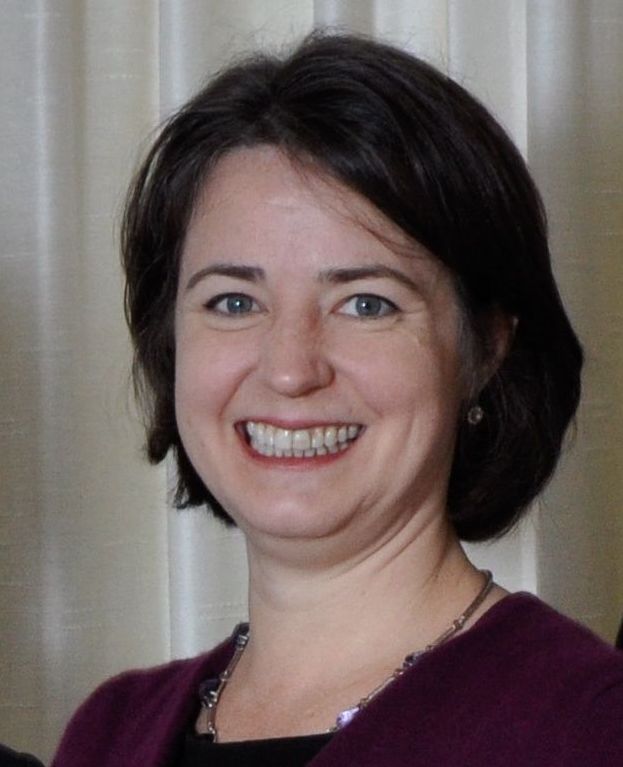Moderator Elizabeth Mitchell led a spirited discussion of lessons learned in building stakeholder relationships—many from “the school of hard knocks.”
“You can’t do this work unless you keep your stakeholders engaged,” Mitchell said. “Once they’re gone [stakeholders], you don’t get them back.”
Karen Linscott, chief operating officer at the National Business Coalition on Health, agreed. “Fundamentally it’s difficult to engage people,” she said. “They don’t do health care. They feel forced into it because of the way our system is set up.”
Linscott warned Alliances not to fall into the trap of talking to purchasers in “health care speak,” using too many acronyms, or talking down to them. She also recommended reinforcing the message as often as necessary. “Alliances have to meet the purchasers where they are,” she said. “You have to understand they have to maintain their own sustainability.”
Karen Jones, medical director of quality and innovation and Wellspan Medical Group, stressed the importance of letting providers know where they stand in comparison to benchmarks with other people they know.
“It’s horrible to go through data grief, but it’s expected,” she said. You should present transparent information in a way that’s not judgmental because the ultimate goal is to narrow the difference between the top and the bottom to narrow.
Johnny Simpson, CEO of Simpson Consulting and Management, emphasized the importance of keeping consumers in mind. They should be brought in before a medical crisis strikes, he said, although the situation is usually the reverse.
“Keep your language simple, be patient, break it down,” he said. “An Alliance must educate its consumers, or they won’t be an asset. It’s also critical to invite consumers to participate in leadership.
“Keep the momentum going for change, be the example for change,” added NAC member Rhonda Moore Johnson, medical director of health equity and quality services at Highmark, Inc. Transformation of medical practice will take time, she warned. Your role as the Alliance is critical: “Don’t underestimate your importance at the table of keeping your communities moving forward in the face of competing interests and large organizations that have their own interests.”
“There is tremendous value in shamelessly self-promoting your work,” she said. “Get your story out there. Use all available tools to do that, and get help doing it if you need to.”





